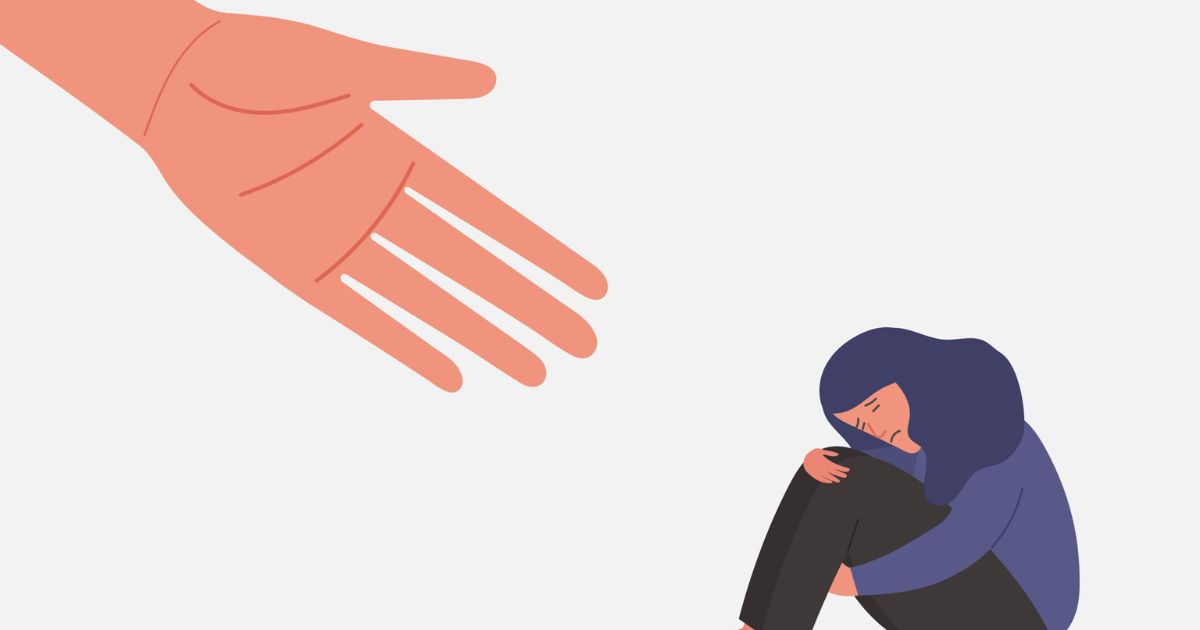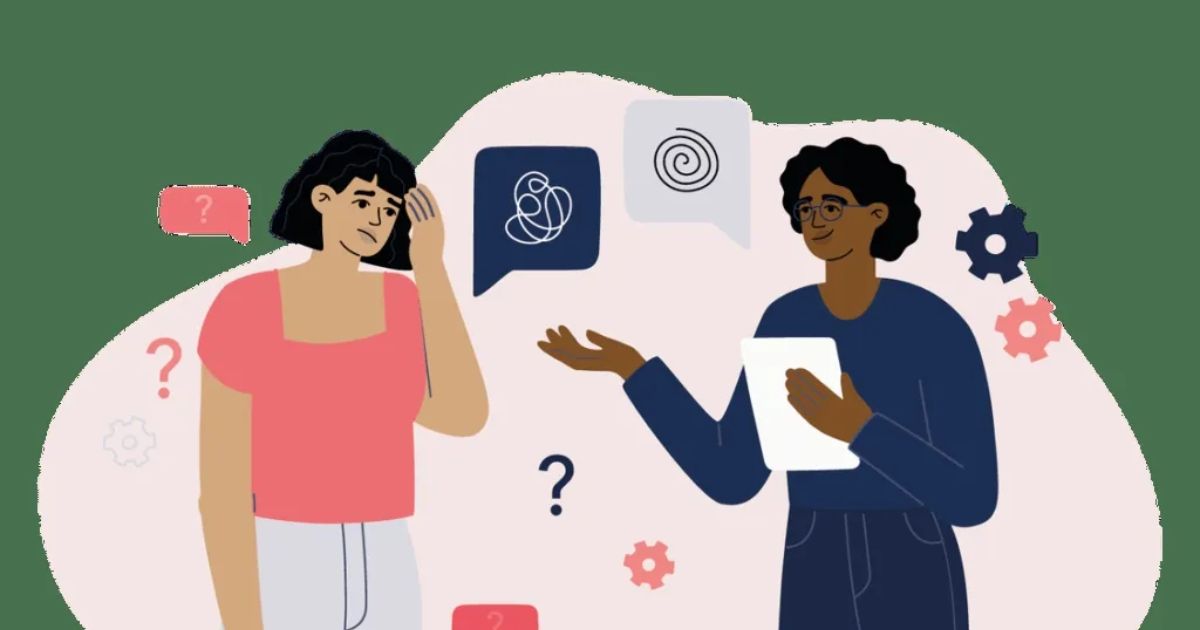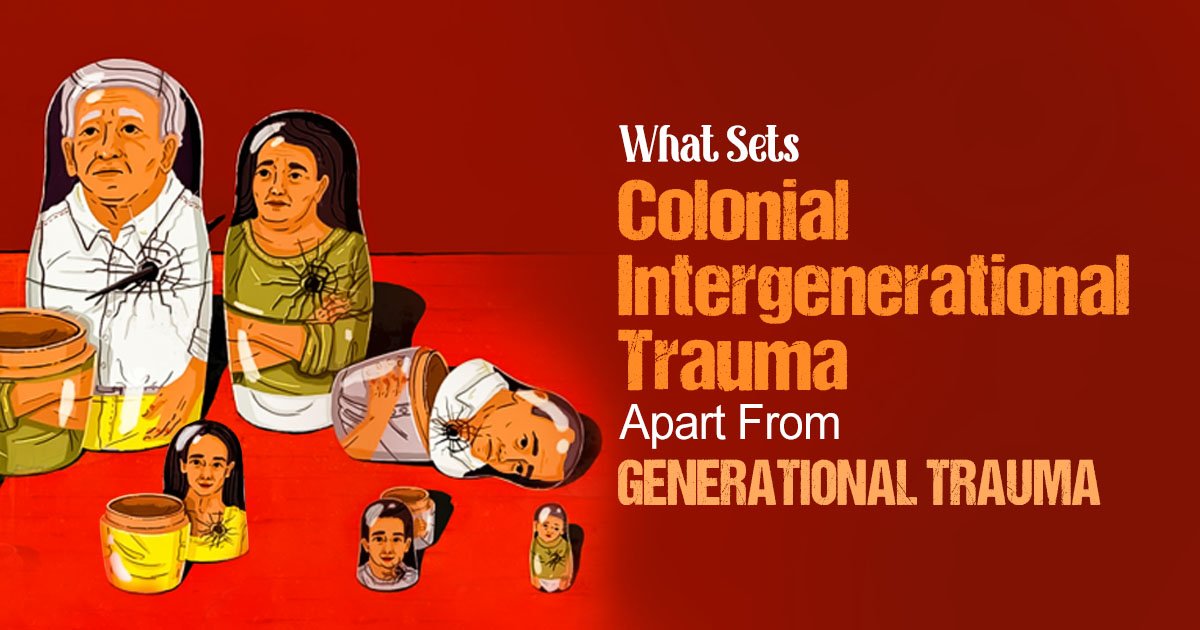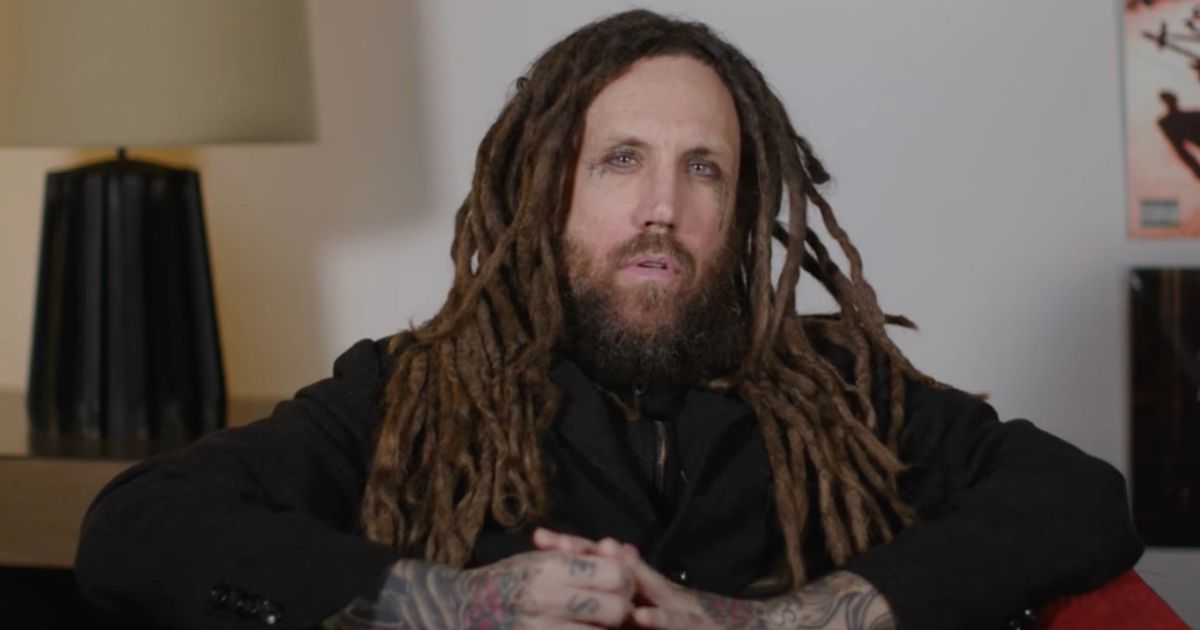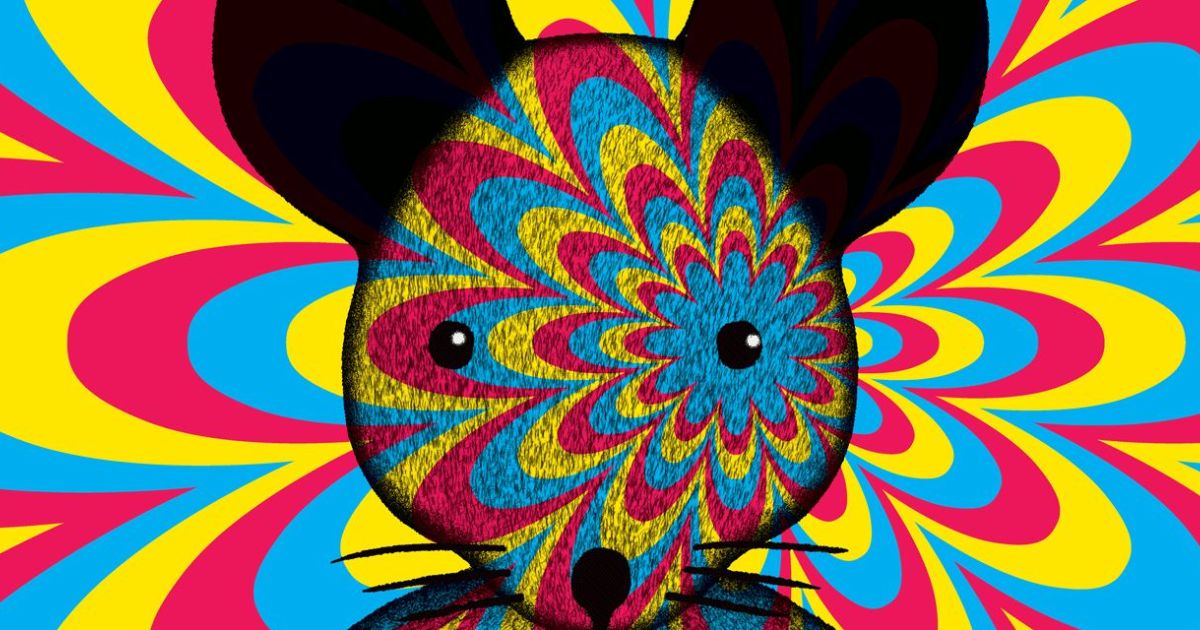A recent study, published in March this year, has shed light on the significant financial burden faced by families when any family member struggles with mental health. On average, nearly a fifth of the monthly household expenditure in such families is directed towards healthcare.
Swati, a 31-year-old woman, found herself grappling with the challenges of mental health amidst a backdrop of job layoffs, divorce, and a lack of family support.
Swati’s journey into the depths of mental health challenges began with a layoff from her job last year, marking her third experience with job loss in recent years. The weight of this third layoff was amplified by the fact that she had also endured a divorce.
Swati, An Indian Woman Struggles With Mental Health
Swati candidly shared, “However strong and positive you are, uncertainty like this triggers everything and makes you question yourself, your capabilities, and your entire existence.”
Despite her previous successes, she found herself confronting self-doubt and grappling with the profound uncertainty that accompanies job loss.
Her story took a particularly challenging turn as she delved into the complexities of her marriage. Swati had entered into an arranged marriage at the age of 22, a decision influenced by cultural and familial expectations.
She described the circumstances of her marriage, saying, “We were not physical as it was a forceful arranged marriage, but we came to terms with it and were just going through life.”
Living in a conservative family, Swati had felt bound by unspoken rules and societal pressures. She continued, “For me, it was like okay now I’m married, no matter what, this is my life and this is my partner.”
However, the relationship took a dark turn as she experienced emotional and physical abuse at the hands of her husband and in-laws. Despite her attempts to fight back and seek answers, the situation deteriorated.
“One fine day he told me he was seeing someone,” Swati shared, marking a turning point in her life. The revelation prompted self-reflection and realization.
Swati recognized that her marriage was far from ideal, and the commitment she had shown was not reciprocated. This realization, while painful, empowered her to make difficult decisions.
However, the major turning point came when her parents, who had initially left her to navigate her struggles alone, later understood the gravity of the situation.
By this time, Swati had already begun experiencing panic attacks and had descended into depression.
Swati’s experience is sadly not unique. The National Family Health Survey of 2019-2021 revealed that 30 percent of women in India face gender-based violence, putting them at a higher risk of anxiety disorders and depression.
Stigma remains a significant barrier to mental health support in India, particularly for women. Many hesitate to seek therapy due to fears of societal judgment, concerns about marriage prospects, or the impact on their careers. Similarly, men may also shy away from seeking help, fearing the stigma associated with therapy.
A study published in the Indian Journal of Public Health Research and Development highlighted that women’s mental health issues are often exacerbated by various gender-based risk factors, including violence, low income, income inequality, caregiving responsibilities, and societal role expectations.
Common mental disorders seen in women include depression, anxiety, somatic complaints, and eating disorders.
The study also emphasized that gender-based violence can inflict profound emotional and psychological damage on victims.
As a result, women who experience violence may suffer from emotions of despair, stress, post-traumatic stress disorders, fertility problems, and psychosomatic illnesses.
Swati’s journey through divorce and consecutive layoffs pushed her to the brink of despair. She described her experience, saying, “My divorce and back-to-back two layoffs made me question everything about myself and my existence. No personal stability and no financial stability.
And no support.” Her mental and emotional turmoil led her to isolate herself, shutting herself in a dark room for weeks, where darkness provided comfort from the world’s judgment.
Swati’s journey, while filled with darkness, also embodies resilience and the capacity for individuals to find strength within themselves.
Her story sheds light on the importance of addressing mental health issues, breaking societal stigmas, and providing support to those in need, particularly in a society where such challenges are often shrouded in silence.
Her experience serves as a reminder that mental health struggles can affect anyone, and the path to recovery often involves acknowledging one’s vulnerability and seeking help.
Swati’s story is not just one of hardship but also one of hope, demonstrating that even in the darkest of times, there is the potential for personal growth, healing, and resilience.



